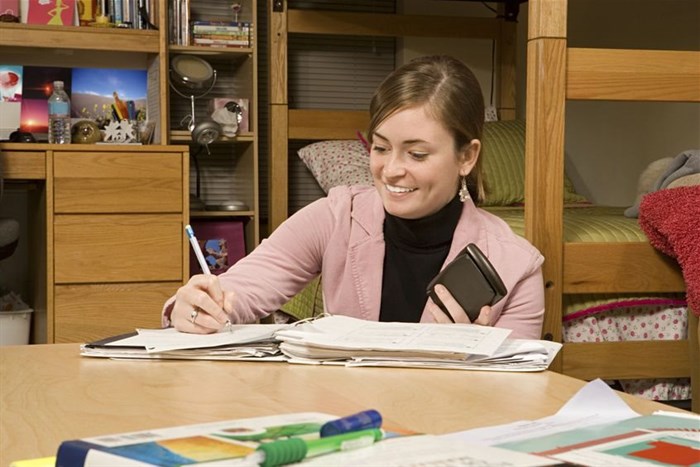While matrics are fully absorbed in finals, it's important not to lose sight of the longer term, including meeting university application deadlines, and finding suitable accommodation on or close to campus for the 2022 academic year.
“The last few months of a learner’s matric year just flies by, with full focus on those all-important exams,” says Bronywn Boavida, managing director of Respublica Student Living. “While ‘next year’ sounds like it’s far away, it’s going to come up quickly, and prospective students and their parents would do well to set up a checklist to make sure that they’re ready for the 2022 academic year.”
Respublica, with its custom designed, all-inclusive residences in key locations in Johannesburg, Midrand, Pretoria, Cape Town, and Bloemfontein, offers these key dates and steps for 2022’s students to keep in mind, as they prepare for their journey into tertiary education:
- Most universities have already closed their initial application runs, although some programmes at some institutions are still open.
- The Department of Basic Education will release its matriculants’ results on 21 January 2022, with the Independent Examinations Board and the South African Comprehensive Assessment Institute likely to follow a similar timeline.
- Applications for funding by NSFAS for the 2022 academic year are officially open, so students wanting to apply for funding have until 7 January 2022 to apply for funding.
- Many universities have already closed their applications for on-campus accommodation for the 2022 academic year, with others having made tentative offers contingent on matric results and acceptance into academic programmes.
“With on-campus accommodation in such high demand, many students turn to private or off-campus providers, with many choosing the cheapest option available,” Boavida says. “This could lead to complications, as many private providers exclude the cost of Wi-Fi, parking, laundry facilities, and utilities from their published rates, giving students and parents some unpleasant surprises when it’s time to pay the bills.”
Boavida suggests asking these questions when considering a private accommodation provider, during these final months of planning for the academic year ahead:
- Does the provider offer an all-inclusive monthly rate?
- Is the service provider clear about what is included in that all-inclusive rate?
- Does the residence offer 24/7 biometric access control with on-site security guards, to ensure student safety?
- Does the residence offer a cleaning and laundry service, so that students can focus on their studies?
- Does the residence offer always-on internet access?
- Is the residence close to campus, to avoid time and money spent on transport?
- Does the residence offer a support programme for students who are living away from home and studying in a tertiary institution for the first time, to help them adjust to their completely new way of life?
- Does the residence offer a variety of accommodation options, including those that align with NSFAS funding structures?
- Does the residence have live-in residence management that offers added support to help students integrate into university life?
“Starting out at university is stressful for students, and it makes sense to be well prepared ahead of arrival on campus,” Boavida says. “Planning carefully and making sure that you have a place to stay, and you know what will be included in your monthly fees is essential for a stress-free start to the year – and an academic year that is free of unpleasant cost surprises too.”






















